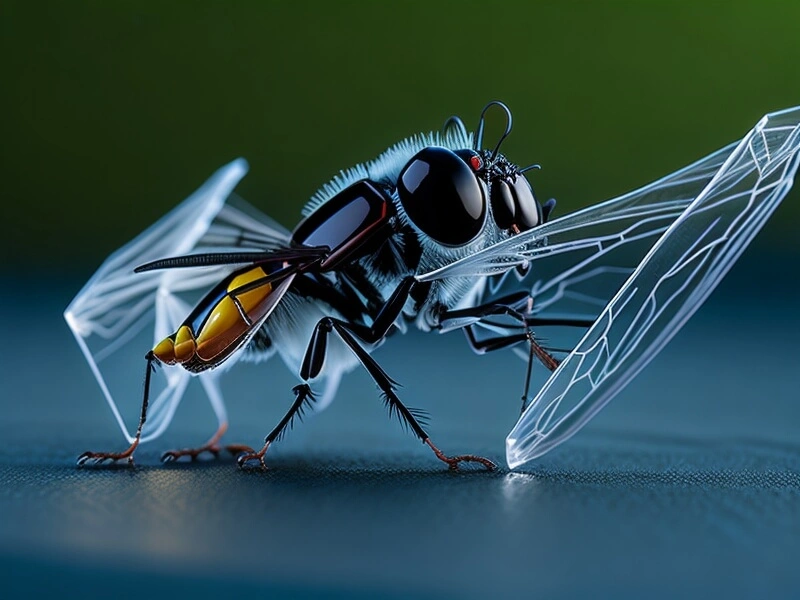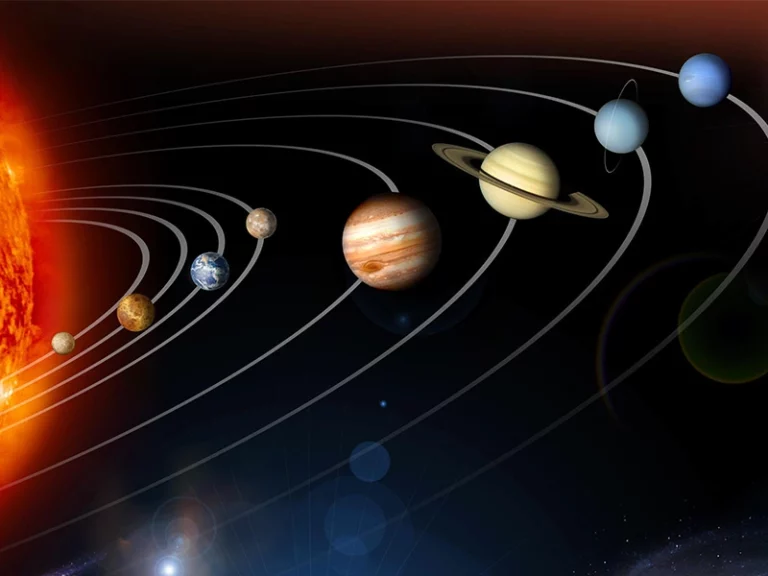Plastics reign supreme in the realm of pollution, primarily due to their non-biodegradable nature, persisting in the environment for centuries. The staggering volume of plastic waste generated globally, coupled with its widespread dispersion, engenders catastrophic consequences for ecosystems and wildlife.
The insidious process of plastic fragmentation produces microplastics. Infiltrating even the most remote corners of the planet, contaminating water bodies, soil, and even the air we breathe
Plastics Pollution Remains a Top Concern
Moreover, the petrochemical origins of most plastics contribute significantly to carbon emissions, exacerbating the climate crisis. Plastic pollution entangles marine life, suffocates habitats, and disrupts delicate ecosystems. With dire consequences for biodiversity and human health, as these toxic fragments infiltrate the food chain.
As a symbol of the throwaway culture, plastics encapsulate the urgent need for transformative change. Compelling us to seek innovative solutions like insect-derived bioplastics to mitigate the havoc wreaked by this omnipresent, yet perilous, pollutant.
Producing Biodegradable Bio-Plastics From Insects
In a surprising twist, scientists are harnessing the potential of insects to create sustainable bioplastics that biodegrade over time. This groundbreaking concept is swiftly advancing, bringing us closer to a greener future.
At the forefront of this innovation is Karen Wooley, Ph.D., who has dedicated two decades to reimagining plastics by utilizing natural resources.
Wooley, along with her team, is set to unveil their remarkable progress at the upcoming American Chemical Society (ACS) Fall 2023 meeting, an event showcasing cutting-edge scientific revelations.
They have successfully transformed insect-derived chemicals into functional bioplastics through meticulous isolation and purification techniques.
But How Can Flies Convert Into Bio-Plastics?
The driving force behind this endeavor was to circumvent the competition for resources posed by conventional natural products, such as sugar cane or trees, which have vital roles in various industries like food, fuel, and construction.
This quest led Wooley to explore a novel alternative proposed by Jeffery Tomberlin, Ph.D., involving black soldier flies.
These resilient insects, thriving in the agricultural realm, provide a unique opportunity. While their larvae are currently repurposed as animal feed and waste consumers, the discarded adult flies could serve as an untapped resource.
Cassidy Tibbetts, a dedicated graduate student on Wooley’s team, ingeniously extracted chitin from these adult flies, a biodegradable polymer commonly found in the exoskeletons of insects and crustaceans.
Innovative Chitin Extraction and Transformation
Chitin is a biodegradable polymer found in the exoskeletons of insects and crustaceans, serving as a structural component that lends strength and rigidity to their bodies. This versatile substance has gained attention for its potential use in producing eco-friendly materials, including bioplastics.
Tibbetts devised an innovative extraction process involving ethanol rinses, acidic demineralization, basic deproteinization, and bleach decolorization, producing remarkably pure chitin powder without the usual yellowish hue.
This sustainable source of chitin not only sidesteps seafood allergy concerns but also contributes to reducing plastic pollution.
Revolutionizing Bioplastics: From Chitin to Superabsorbent Hydrogels
Meanwhile, graduate student Hongming Guo focused on converting purified chitin into chitosan, a versatile biopolymer. By stripping chitin’s acetyl groups, Guo unveiled chemically reactive amino groups, enabling the creation of functionalized and crosslinked bioplastics, such as superabsorbent hydrogels.
A highlight of Guo’s efforts is a hydrogel with astonishing water-absorbing capabilities, soaking up a staggering 47 times its weight in just 60 seconds. Wooley envisions this technology as a game-changer for drought-prone regions like Texas. Where floodwater could be captured and slowly released to combat arid spells.
As a bonus, this biodegradable hydrogel contributes nutrients to crops, fostering a circular and sustainable ecosystem.
Transforming Chitin into Sustainable Building Blocks for Polycarbonates and Polyurethanes
Continuing their pioneering journey, the team aims to break down chitin into monomeric glucosamines, which will be building blocks for bioplastics like polycarbonates and polyurethanes.
These compounds, traditionally derived from petrochemicals, will now find a greener source within the trove of black soldier fly components.
In a visionary twist, Wooley aspires to close the loop on plastic waste. Picture a future where insects consume discarded plastics, metabolizing them into nourishing components for new bioplastics. This symbiotic relationship embodies the ethos of a circular economy, aligning environmental conservation with innovative technology.
Conclusion
The convergence of insect-driven bioplastics and sustainable principles paints a promising horizon, marked by reduced plastic pollution, enhanced resource utilization, and a harmonious interplay between nature and innovation.
As Wooley’s team pioneers this transformative endeavor, the world watches with bated breath, eager to witness the next chapter in our quest for a greener planet.
On the same topic read also: New Catalyst Converts Plastic Waste Into Organosilanes.
Reference:
Article based on news published on: American Chemical Society.





